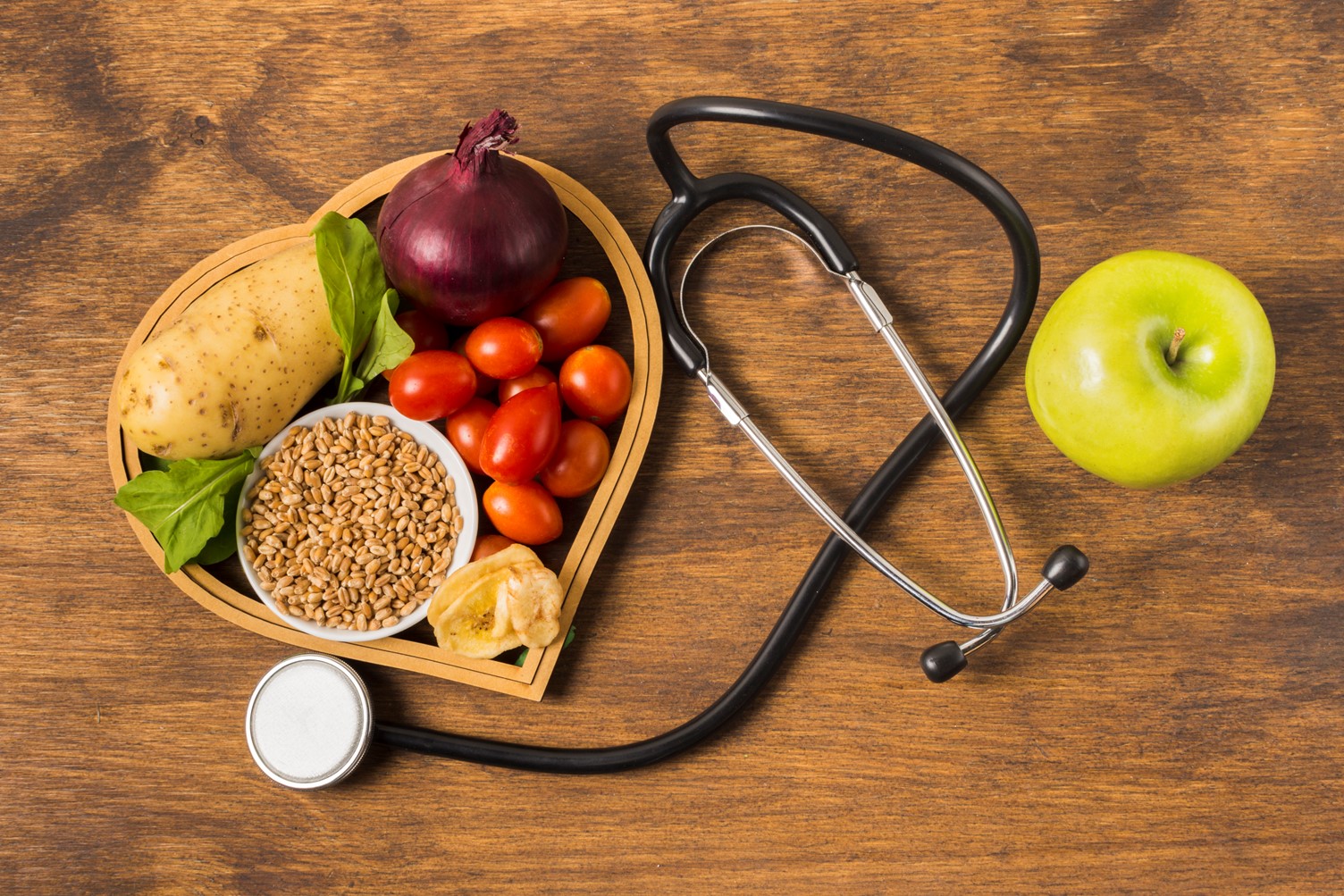Introduction: Blood Cancer and Its Impact on Nutrition
Blood cancer affects the cells in your blood. It can change how your body works and how you feel. Because of this, blood cancer nutrition becomes very important. Eating well can help your body fight the disease and handle treatment better. According to the World Health Organization (WHO), good nutrition supports your immune system and helps you stay strong during treatment.
Why Nutrition Matters During Blood Cancer Treatment
During treatment, your body needs extra care. For example, chemotherapy and other treatments can make you feel tired or sick. Eating the right foods gives you energy and helps your body heal. In addition, good nutrition can lower your risk of infections. It can also help you recover faster after each treatment session.
Common Nutritional Challenges for Blood Cancer Patients
Many people with blood cancer face eating problems. Some common challenges include:Loss of appetiteNausea or vomitingChanges in taste or smellMouth soresDiarrhea or constipation
However, you can manage these issues with the right diet and support. The Centers for Disease Control and Prevention (CDC) notes that small changes can make a big difference.
Recommended Foods and Dietary Tips for Blood Cancer Patients
Choosing the right foods is key. Here are some blood cancer diet tips to help you eat well:Eat small, frequent meals throughout the dayInclude protein-rich foods like eggs, chicken, fish, or beansAdd whole grains such as brown rice or oatsEnjoy colorful fruits and vegetables for vitamins and mineralsDrink plenty of water to stay hydratedUse healthy fats like olive oil or avocado
Moreover, try to eat foods that are easy to chew and swallow if you have mouth sores. Soft foods like yogurt, mashed potatoes, or smoothies can help.
Foods to Avoid During Treatment
Some foods may not be safe during blood cancer treatment. For example, your immune system may be weaker. So, avoid:Raw or undercooked meats, eggs, or seafoodUnpasteurized dairy productsUnwashed fruits and vegetablesFoods past their expiration dateProcessed foods high in sugar or salt
Additionally, limit spicy or acidic foods if they bother your mouth or stomach.
Sample Meal Ideas and Practical Eating Strategies
Planning meals can be simple. Here are some easy ideas for healthy eating for blood cancer:Breakfast: Oatmeal with banana and a boiled eggSnack: Yogurt with soft berriesLunch: Chicken soup with soft bread and steamed carrotsSnack: Smoothie with milk, peanut butter, and fruitDinner: Baked fish, mashed potatoes, and green beans
Furthermore, try these practical tips:Keep snacks nearby for when you feel hungryAsk family or friends to help with cookingPrepare meals in advance and freeze portions
Lifestyle Guidance for Managing Side Effects Through Diet
Side effects from treatment can make eating hard. Yet, you can manage many of them with simple changes. For example, if you feel nauseous, eat dry foods like crackers. If you have diarrhea, choose low-fiber foods like white rice. On the other hand, if you are constipated, add more fiber and drink extra water. Always eat slowly and rest after meals to help digestion.
Preventing Malnutrition and Maintaining Strength
Malnutrition can make you weaker and slow your recovery. To prevent this, focus on eating enough calories and protein. Even if you do not feel hungry, try to eat small amounts often. Add extra calories by using nut butters, cheese, or healthy oils. The American Cancer Society suggests tracking your weight and telling your doctor about any changes.
When to Consult a Registered Dietitian or Specialist
Sometimes, eating well is not enough. If you lose weight quickly, feel weak, or cannot eat for more than a day, seek help. A registered dietitian can create a plan just for you. They can also help with special diets if you have allergies or other health problems. In addition, your cancer care team can answer questions about nutrition during chemotherapy or other treatments.
Conclusion: Take Charge of Your Nutrition
In summary, blood cancer nutrition is a key part of your treatment. Eating well can help you feel better and stay strong. However, every person is different. Consult a specialist or registered dietitian for personalized nutrition advice during blood cancer treatment.

